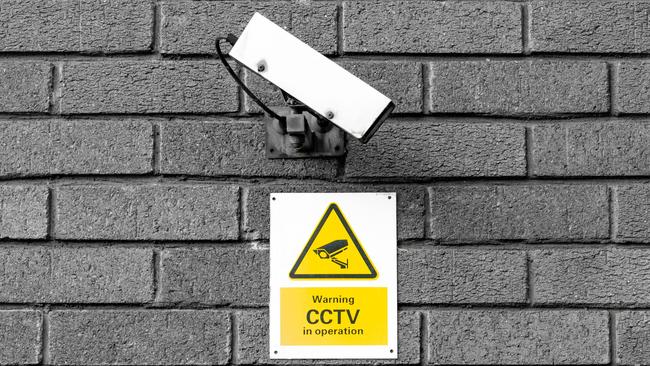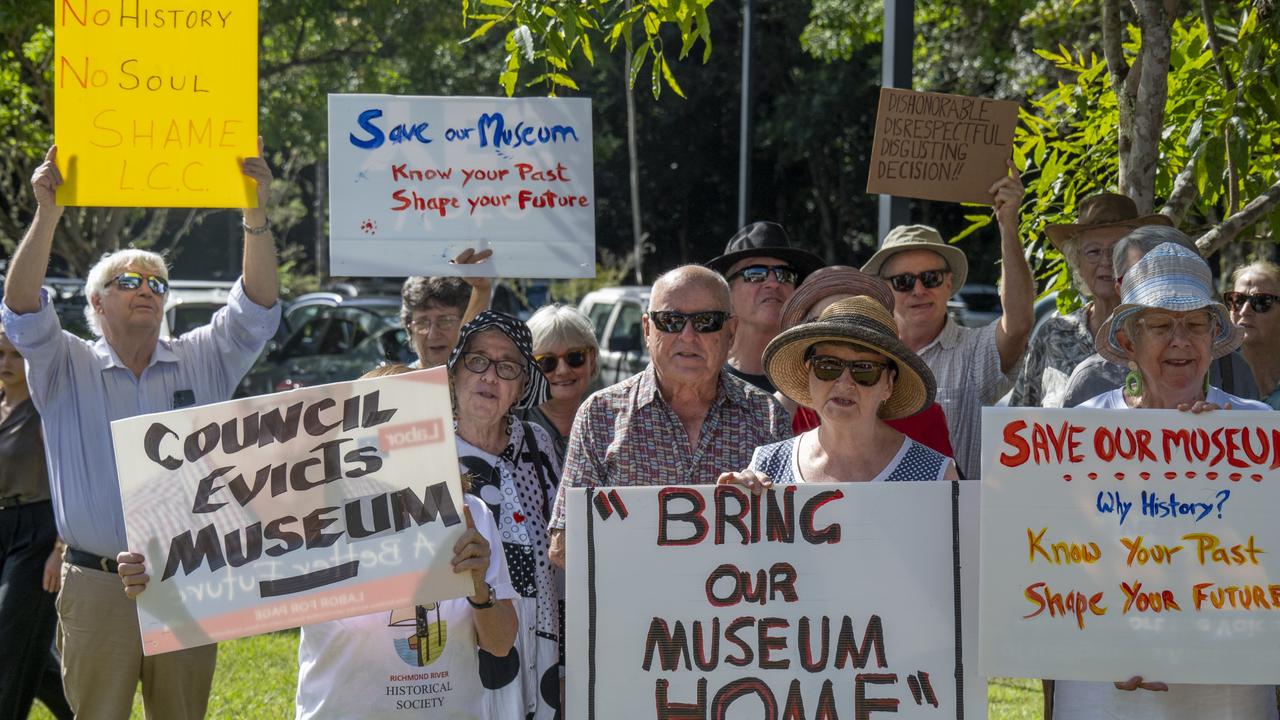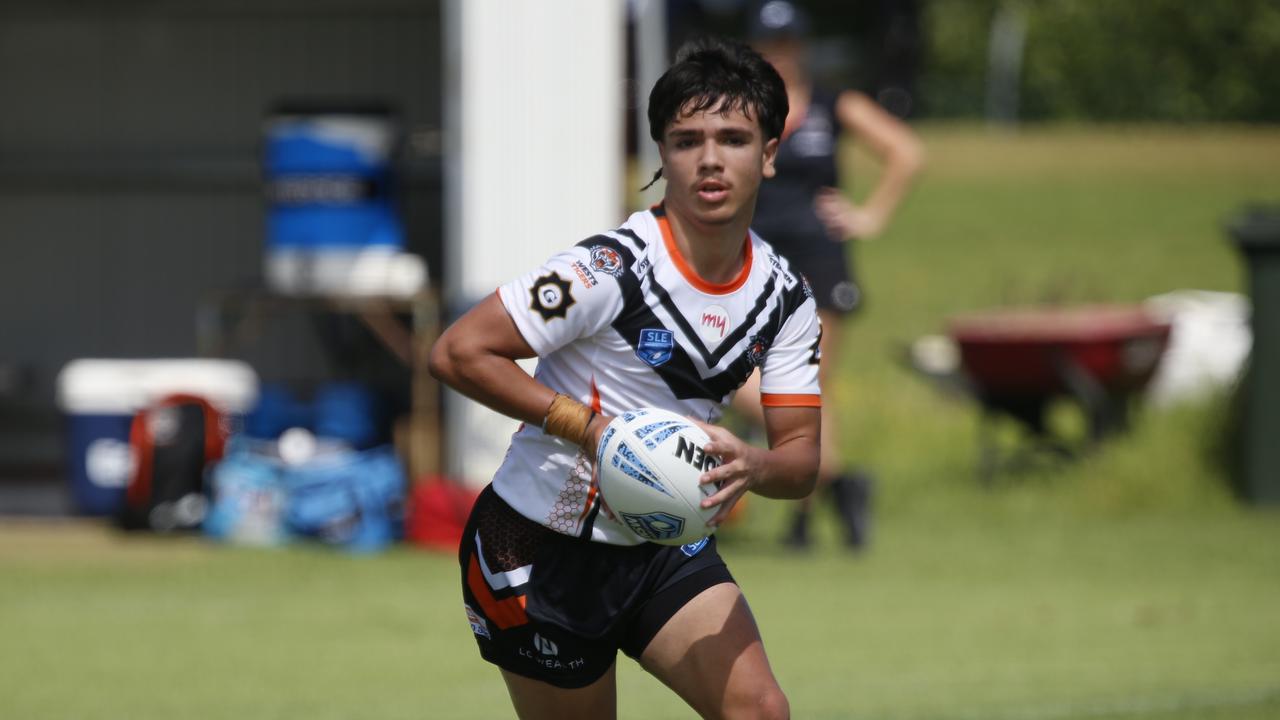Tenterfield council says new surveillance policy will help protect its staff
The council has signed off on a new policy that will enable CCTV, workplace surveillance and tracking.

Lismore
Don't miss out on the headlines from Lismore. Followed categories will be added to My News.
A Northern NSW council has released a new policy to formalise the ways it can undertake surveillance of its staff.
Tenterfield Shire Council recently adopted the new Workplace Surveillance Policy.
It states the council can conduct three types of surveillance of employees ‒ CCTV, computer and tracking.
>>> How to activate your Daily Telegraph subscription
According to the council report, the main objectives of this policy are to:
● Deter vandalism and physical and verbal assaults
● Reduce safety risks in the workplace
● Optimise efficiency and customer service
● Identify the geographical location of employees, councillors, contractors, volunteers in the event of an emergency
● Provide data and information to defend staff against incorrect allegations
● Increase information available when conducting investigations (e.g. code of conduct and fraud related complaints, defending council).
The policy explains that surveillance devices will be operated with "due regard to the privacy and civil liberties of individual members of the public, including the rights to freedom of religious and political expression and assembly".
Access to the surveillance monitoring equipment will be restricted to authorised staff.
CCTV is mainly used for security reasons, with cameras at entries, exits and around the outside of council facilities and buildings.
There are some cameras within council offices and in customer service areas, near worksites, plant and fleet equipment.
Computers generate "vital information and data which is considered to be council's property".
The council is allowed to access and review system storage, download volumes, internet usage, suspected malicious code or viruses, email usage including content sent and received, hard drives, and mobile phones.
Tracking surveillance may also be used.
This includes GPS tracking on council vehicles, council-supplied radios, 'on person' isolated worker devices, mobile phones, tablets and computers.
"All forms of surveillance (camera, computer and tracking surveillance) will be continuous and council will carry out surveillance of any user at such times of council's choosing … to be clear though, staff with private leaseback arrangements and indeed all staff with council vehicles will not be monitored in real time while not at work," the policy states.
"A person won't be sitting at a screen on the weekend saying, 'look where employee X is'."
No surveillance will be conducted in change rooms or bathrooms.
Tracking data will not be used to track employees when they are not working.


